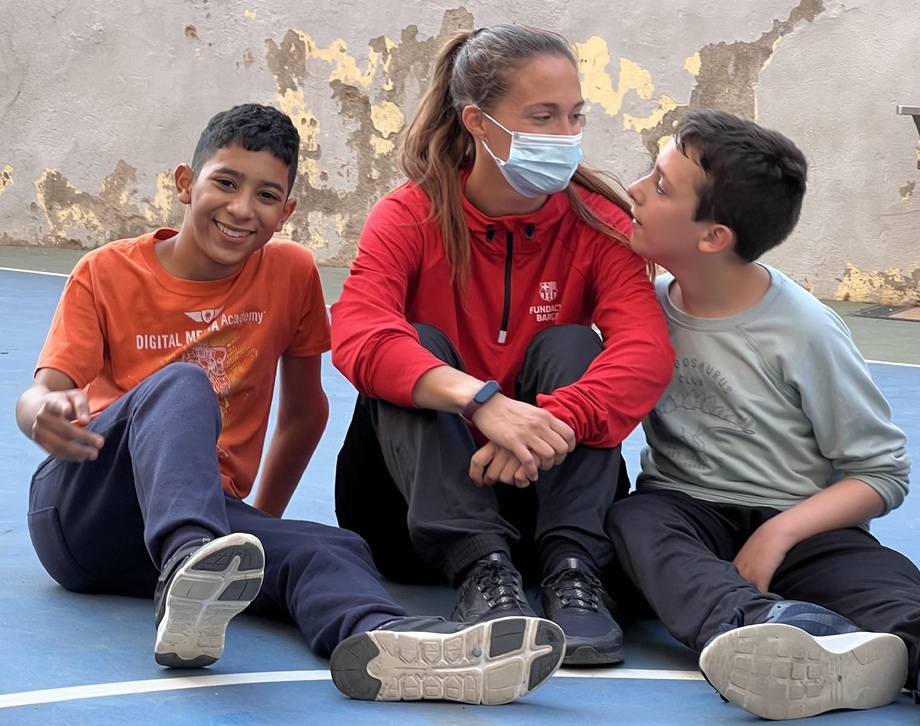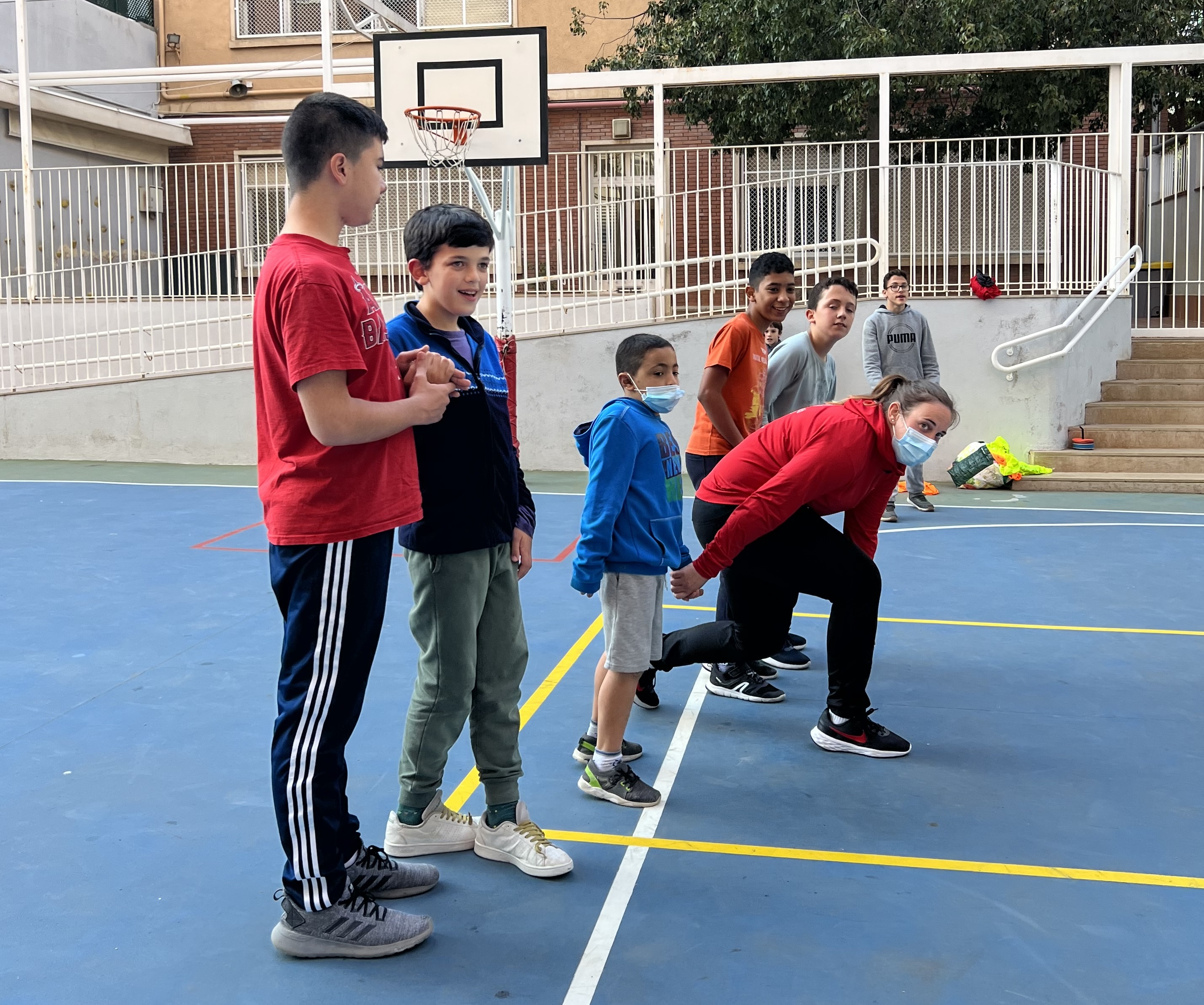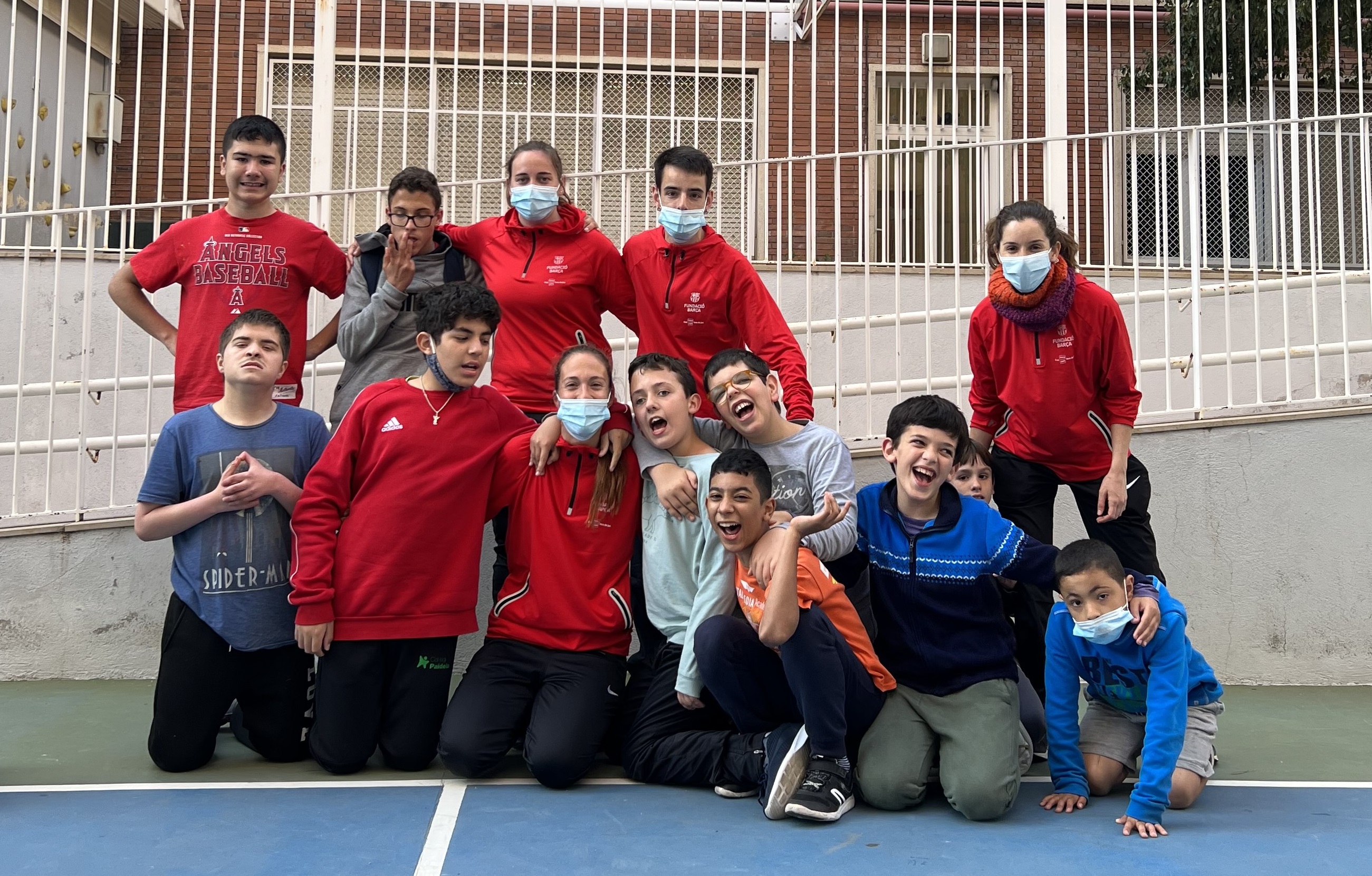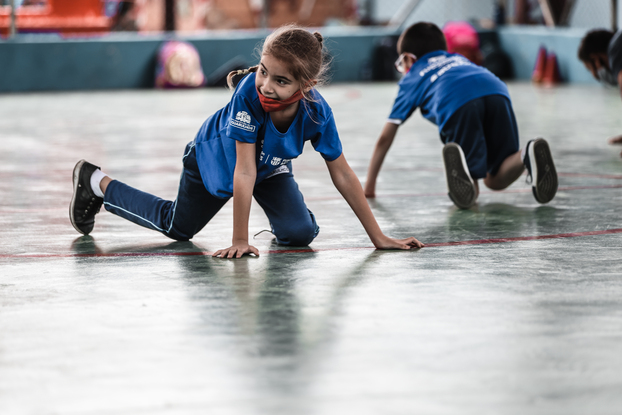Follow us
Right and access
The promotion of inclusion is just, necessary and possible
- Just, in order to respect and facilitate the right to and access to education (in our case, non-formal) for all, as well as to equal opportunities.
- Necessary, because it benefits all the specific actors involved and society in general.
- And possible, as demonstrated by proven experience (including that gained in a number of the Foundation's projects which have promoted the comprehensive inclusion of everyone, without exception, regardless of their circumstances or abilities).

Three premises
Would you be able to identify an inclusive practice?
An inclusive practice needs to comply with three basic premises, known as the '3 Ps': presence, participation and progress.
- All participants, without exception, must be present in all activities, sharing the space and all the experiences that take place there with the rest of the group.
- All the children and young people must also participate in all activities, being able to achieve successes by making the most of their individual potential. Wherever necessary, the rules of the games, materials and spaces can be adapted according to individual and group needs.
- And, lastly, everyone should have the opportunity to learn and make progress throughout this process of shared play, learning and reflection.

General Tips/Recommendations
Focus on capabilities and remove barriers
To include all the children and young people, the members of the educational team need to:
- Focus on the skills and strengths of each participant, not on disability
- Remove any physical and social barriers that restrict the participation of the whole group
- Create an accessible environment for all.
- Where necessary, modify the way the activities are planned and presented.
- When we talk about levelling the playing field in terms of participating and providing opportunities to succeed, we mean giving all the children and young people the chance to participate on similar terms (not exactly the same terms, as that would actually create inequalities in terms of playing and successfully completing the games), which involves being able to successfully achieve all possible goals.
In other words, any proposed modifications need to be appropriately adapted so that the children or young people participating are able to successfully achieve goals through a combination of effort and engagement but not without a certain degree of effort on their part.








